US eases sanctions on Turkish defense sector amid renewed Erdogan-Trump rapprochement
- Update Time : Monday, May 19, 2025
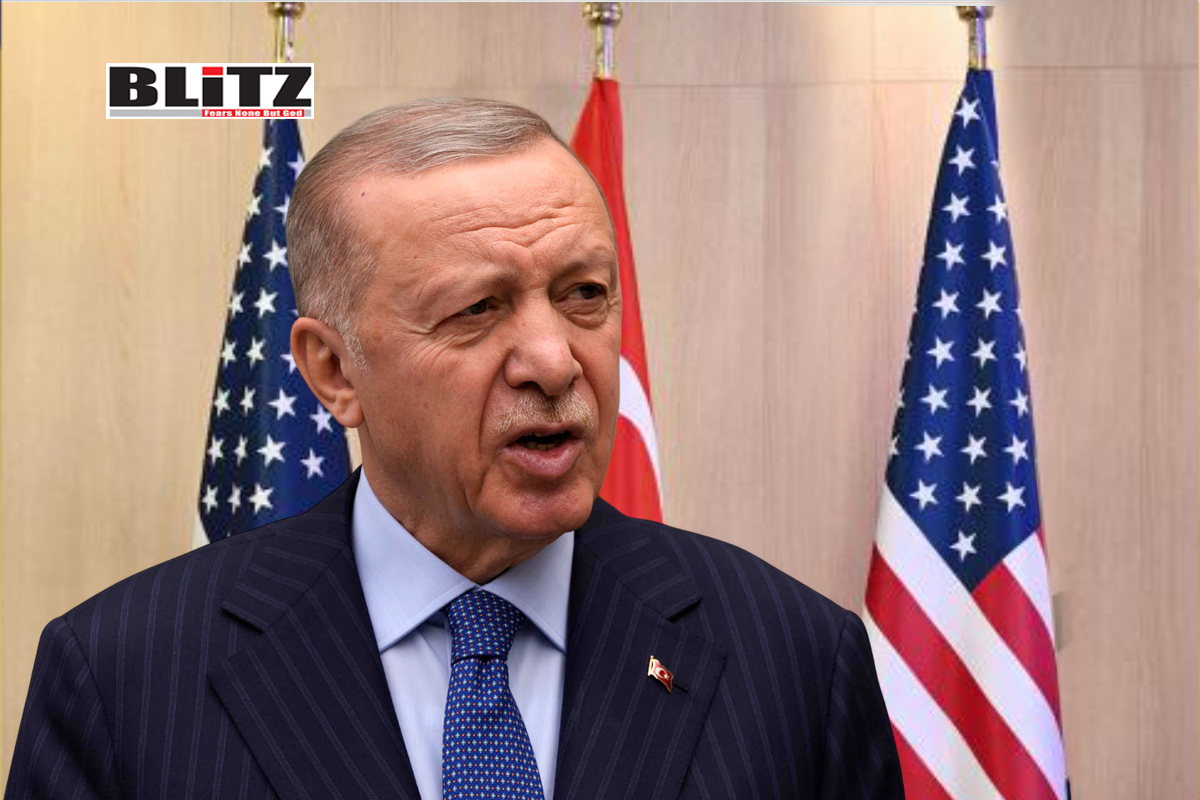
In a move signaling a dramatic shift in US-Turkish relations, President Recep Tayyip Erdogan has confirmed that the United States is easing long-standing sanctions on Türkiye’s defence sector and has approved a major new arms sale to Ankara. The development marks a significant thaw in the tense bilateral relationship that had deteriorated after Türkiye’s controversial arms deal with Russia five years ago.
The announcement comes just days after Erdogan returned from the European Political Community summit in Albania. Speaking to reporters aboard his plane, Erdogan declared, “We can safely say that CAATSA sanctions are being eased,” referring to the Countering America’s Adversaries Through Sanctions Act, which Washington used in 2020 to impose penalties on Türkiye over its purchase of Russia’s S-400 missile defense systems.
The sanctions had severely limited Türkiye’s defense procurement capabilities and strained its role within NATO. However, Erdogan’s recent statements suggest that Washington, under renewed diplomatic engagement, is softening its stance.
Türkiye’s acquisition of the Russian-made S-400 air defence systems in 2019 sparked outrage in Washington. The United States argued that integrating Russian systems into NATO infrastructure posed a security risk, especially to the F-35 fighter jet program, which Türkiye was previously a part of. In response, Türkiye was removed from the F-35 project, and sanctions were imposed on the Turkish Presidency of Defence Industries (SSB) under CAATSA.
Despite sustained US pressure, Ankara refused to abandon the S-400 deal, defending its sovereign right to procure arms based on its national interest. Erdogan consistently rebuffed accusations of compromising NATO security, framing Türkiye’s position as a stand against foreign interference.
Now, with the reported easing of CAATSA restrictions, it appears that the United States is willing to reconsider its rigid approach-perhaps influenced by broader geopolitical shifts, including Türkiye’s strategic position in ongoing conflicts in Ukraine, the Middle East, and the Black Sea region.
One of the first concrete steps in this renewed partnership is the approval of a missile sale to Türkiye valued at over $300 million. While specifics of the deal have not been disclosed, Erdogan hailed it as a breakthrough. “As two major NATO allies, there should be no defence restrictions,” he said, implying that the US-Türkiye alliance is on a path to normalization.
The move may also pave the way for resolving larger, more complex defense procurement issues. Among them is Türkiye’s long-pending request to purchase 40 new F-16 fighter jets and 79 modernization kits, part of a $23 billion deal that has been frozen due to political concerns in the US Congress.
Erdogan attributed the recent progress to a new phase in US-Turkish relations, facilitated by President Donald Trump’s renewed influence and recent political resurgence. “With my friend Trump taking office, we reached a more open, more constructive, more sincere communication,” Erdogan said, signaling a clear preference for dealing with Trump over former President Joe Biden, who had maintained a cooler relationship with Ankara during his term.
The Turkish president confirmed that he had spoken with newly appointed American Ambassador to Türkiye, Tom Barrack, as well as Trump himself. Their conversations reportedly covered a range of issues beyond sanctions, including regional security, Syria, Gaza, and the ongoing Ukraine conflict.
In March, Erdogan directly urged Trump to lift all remaining sanctions, finalize the F-16 deal, and reinstate Türkiye in the F-35 program. While full reinstatement may depend on Türkiye’s willingness to either dismantle or transfer the S-400 system to a US-controlled facility, Trump is reportedly open to exploring compromise solutions.
The Erdogan-Trump rapport is not new. During Trump’s first term, both leaders maintained unusually close ties, despite significant disagreements over Syria and Kurdish militias. Trump often praised Erdogan’s leadership style, and Erdogan in turn lauded Trump’s “pragmatism” and willingness to sidestep institutional opposition.
This recalibration of relations also reflects the increasing strategic importance of Türkiye on the global stage. Situated at the crossroads of Europe, Asia, and the Middle East, Türkiye has emerged as a key player in multiple conflict zones.
On May 16, Türkiye hosted the first direct negotiations between Russia and Ukraine in three years. The Istanbul talks yielded a mutual agreement for a prisoner exchange-a symbolic but important step toward renewed dialogue between the warring sides.
Erdogan has positioned himself as a mediator in the conflict, maintaining diplomatic ties with both Moscow and Kyiv. Türkiye has also played a crucial logistical role in ensuring the continuation of the Black Sea Grain Initiative and managing refugee flows into Europe.
In light of these contributions, Western powers may be rethinking their posture toward Ankara. Rather than sidelining Türkiye, they appear increasingly inclined to engage with it as a necessary-if at times unpredictable-partner.
Despite the forward momentum, significant hurdles remain. US lawmakers, particularly those critical of authoritarian trends in Türkiye and human rights violations, could still oppose deeper defense cooperation. Past attempts to approve arms sales to Türkiye have been blocked in Congress due to concerns about Erdogan’s domestic crackdowns and foreign policy maneuvers in Libya, Syria, and the Eastern Mediterranean.
Moreover, any agreement involving the S-400 system is likely to remain controversial. While Trump may seek a deal involving relocation or limited activation of the Russian system, defence analysts warn that even symbolic concessions could set a dangerous precedent for NATO unity and interoperability.
The easing of CAATSA sanctions and approval of a new missile deal mark a significant, though cautious, reset in US-Türkiye relations. Erdogan appears eager to capitalize on Trump’s political return and build a framework for broader defense and diplomatic engagement.
For Türkiye, the developments could restore its military modernization ambitions and reposition it as a core player in NATO. For the United States, re-engaging with Türkiye could bolster its regional strategies, particularly in countering Russian and Iranian influence.
Still, the path ahead remains fraught with legal, political, and diplomatic challenges. Whether this renewed warmth can overcome the mistrust of the past remains to be seen-but for now, both Erdogan and Trump seem ready to give it another try.


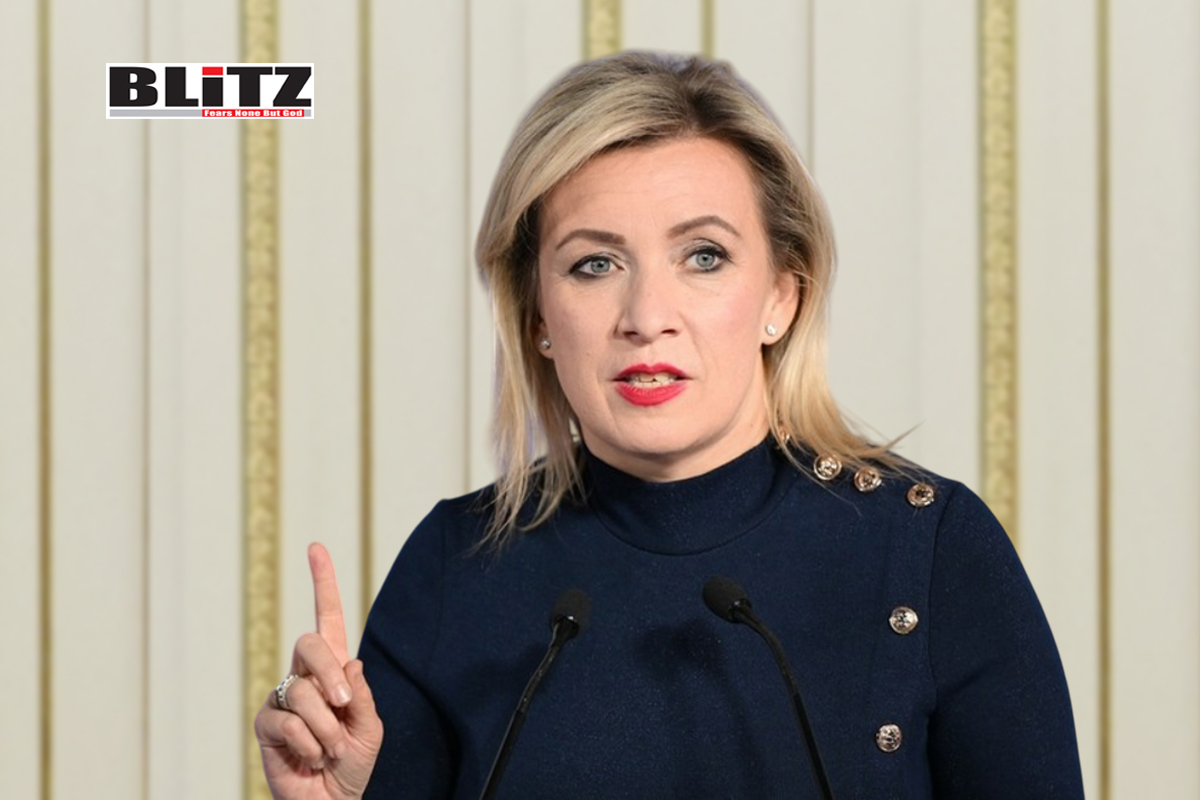
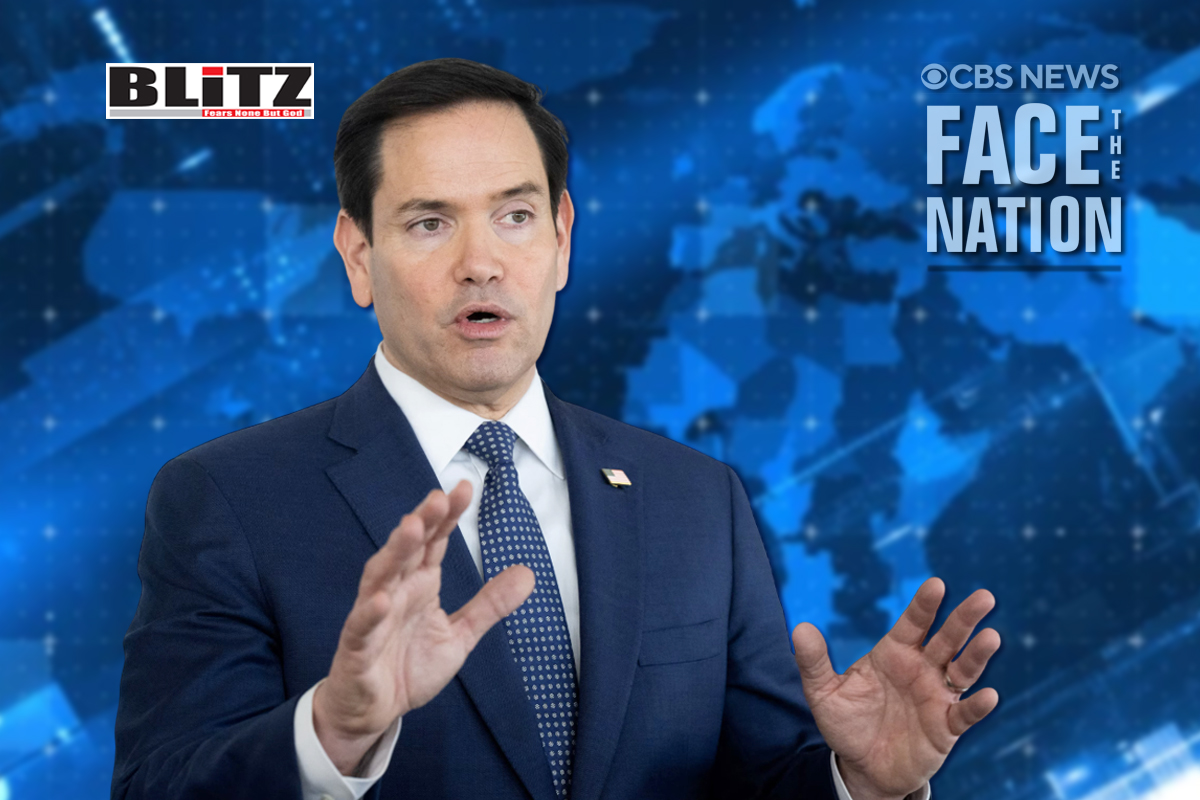
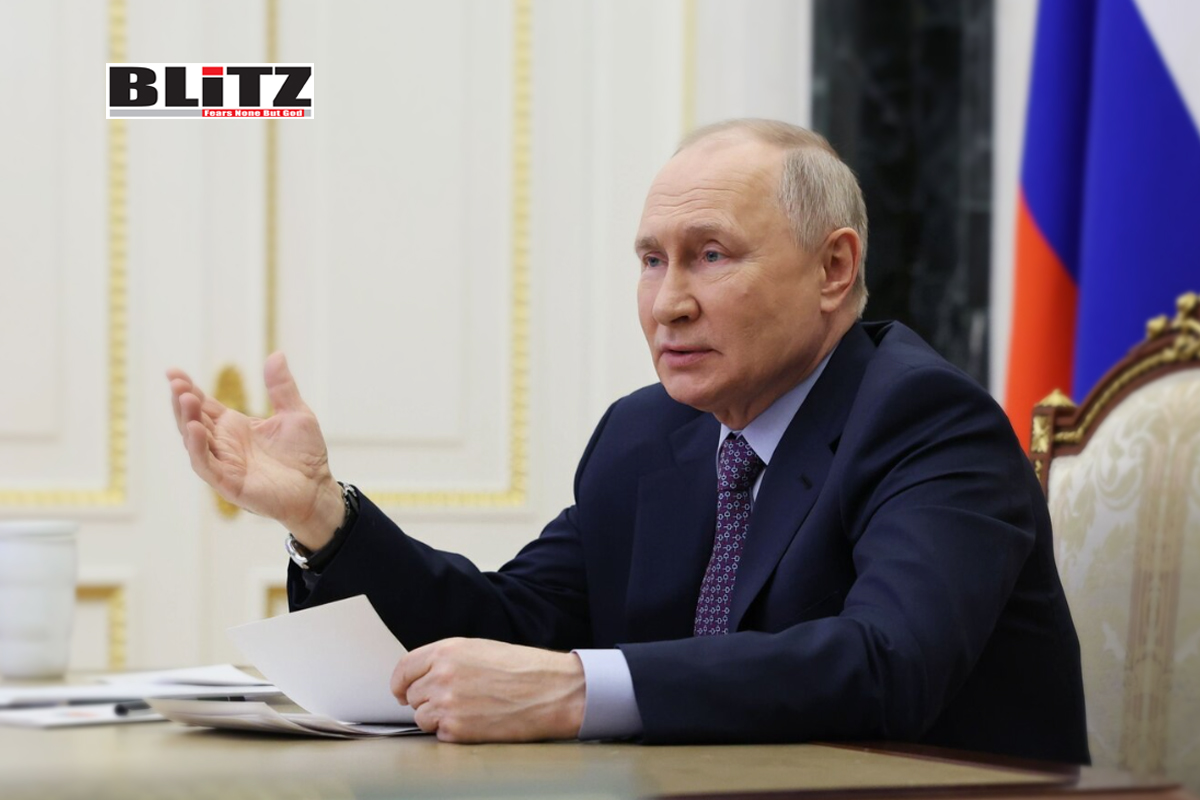
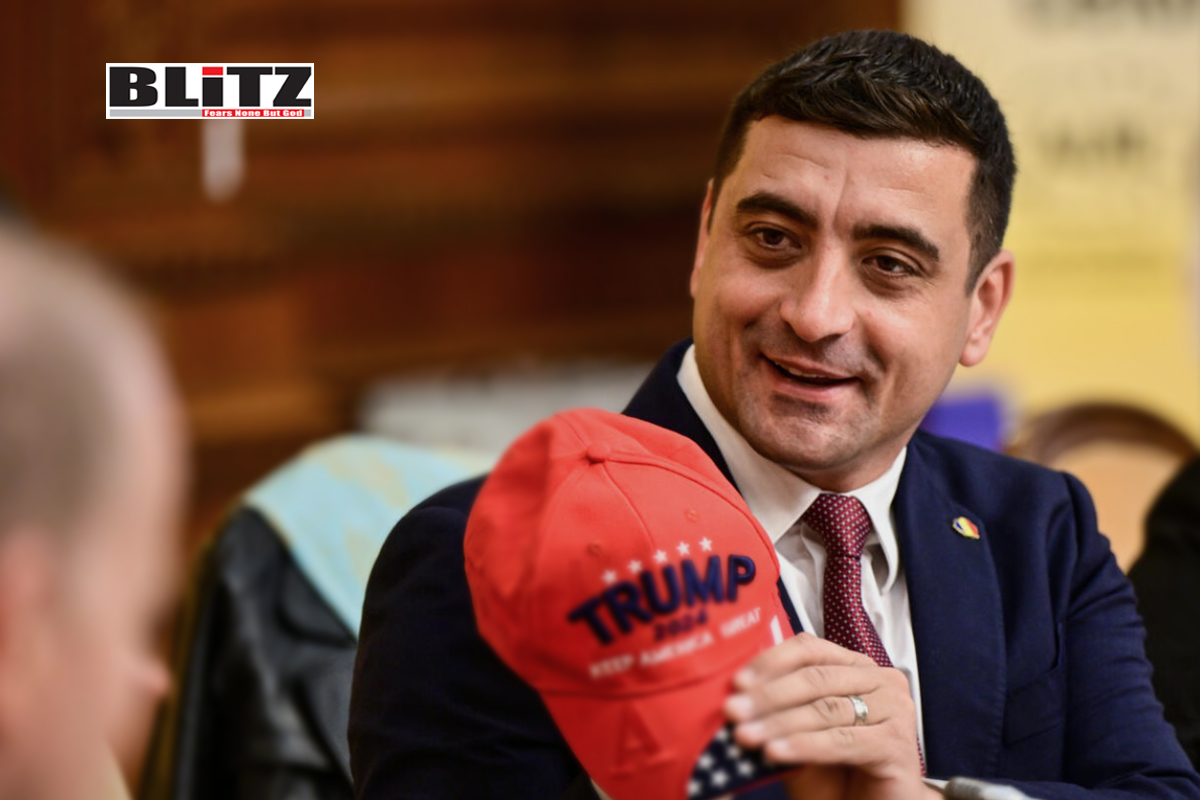
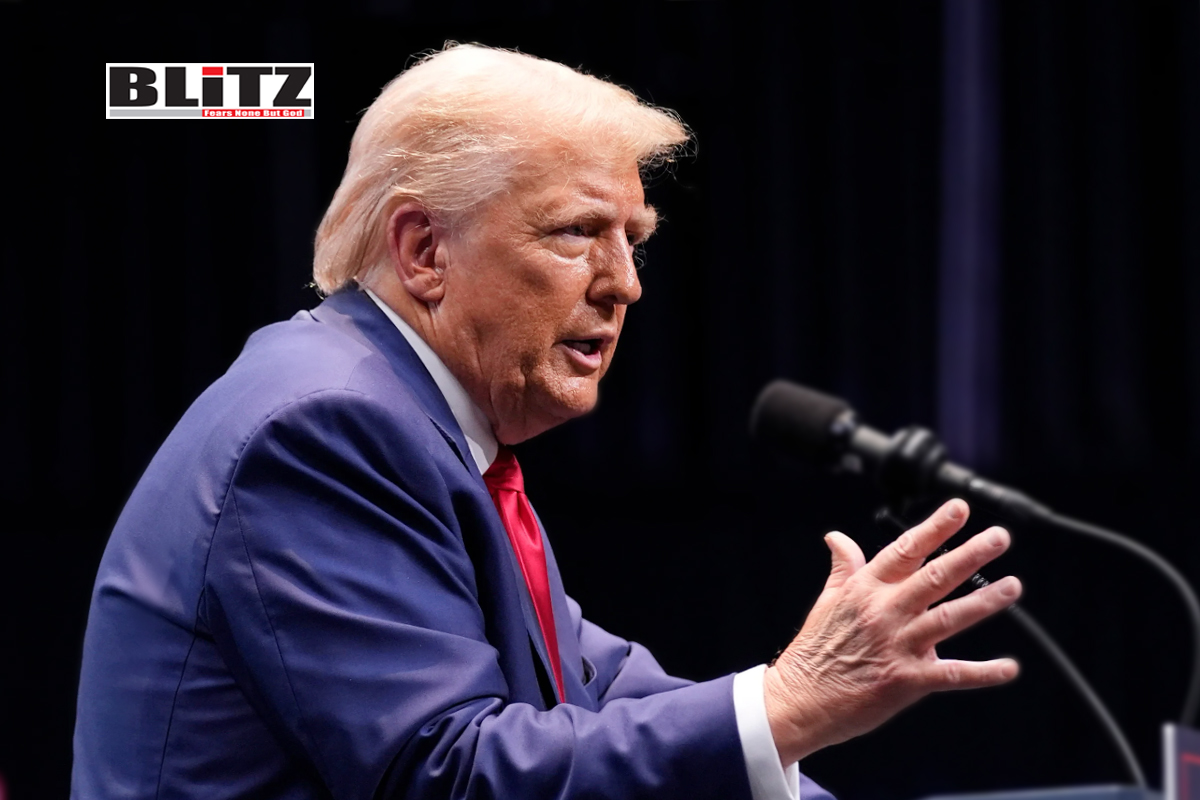
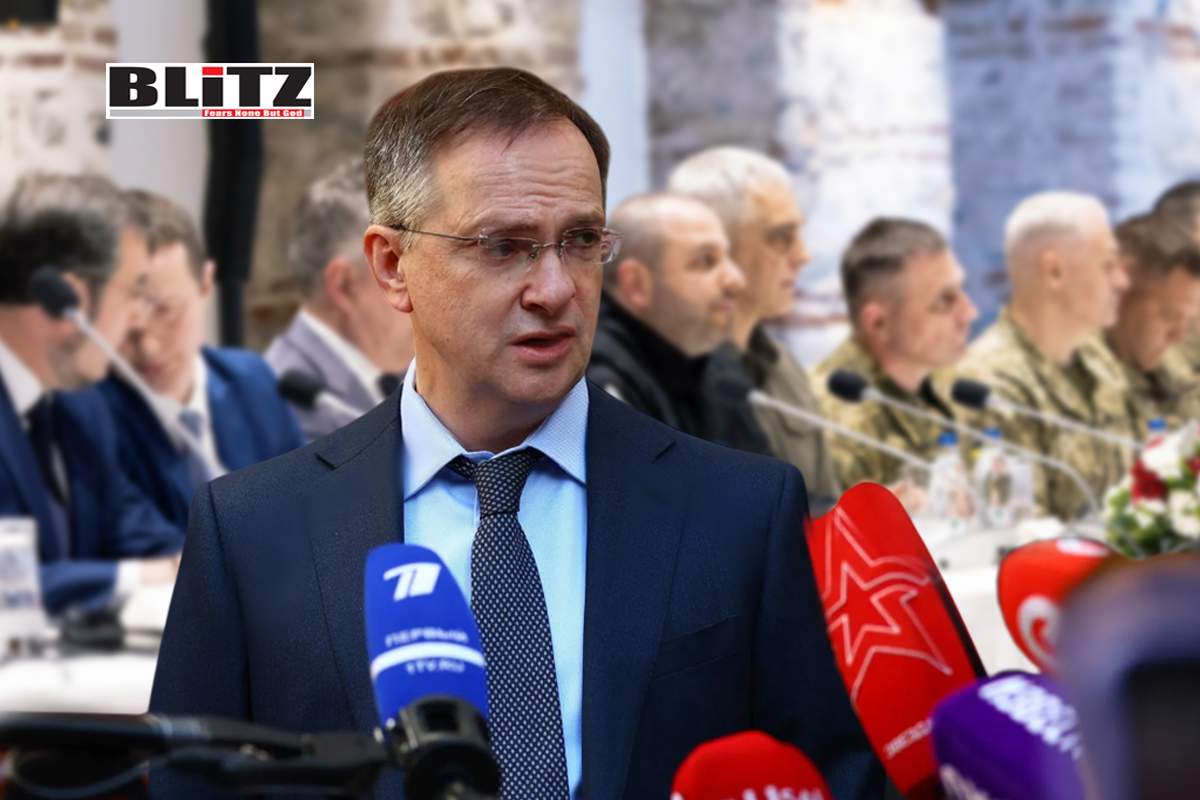
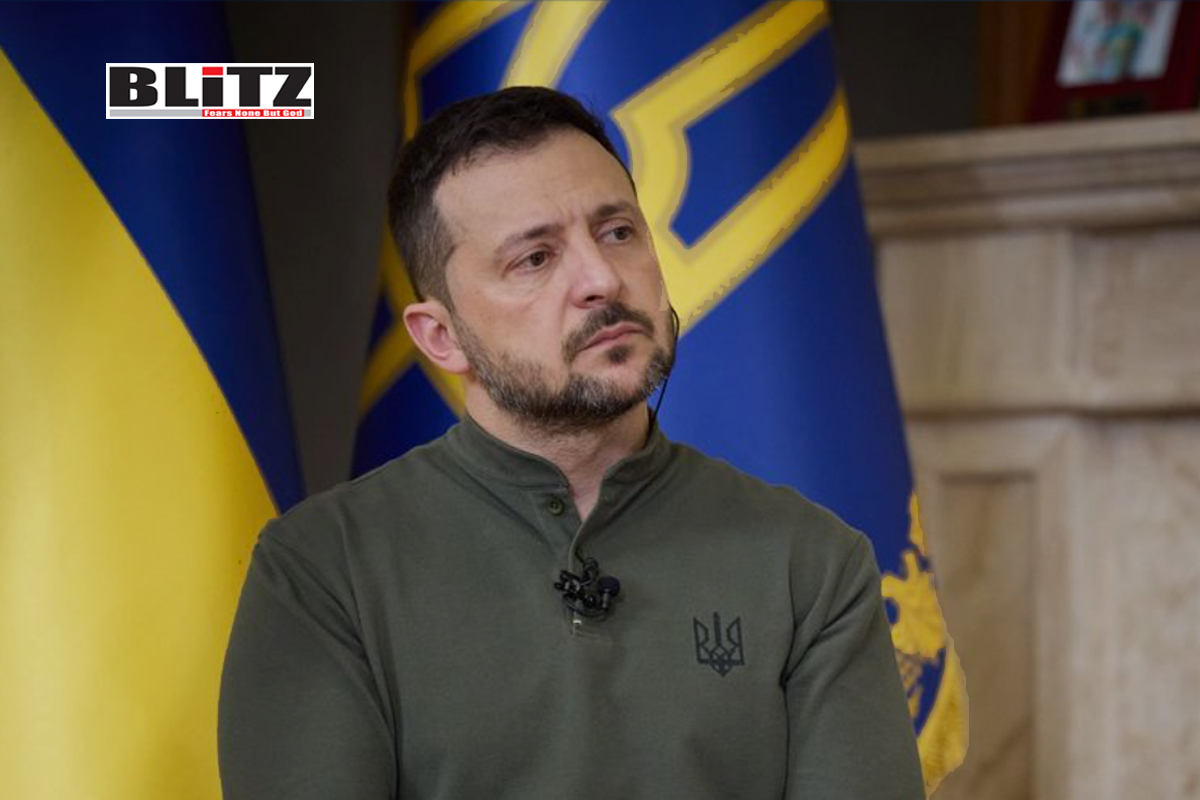
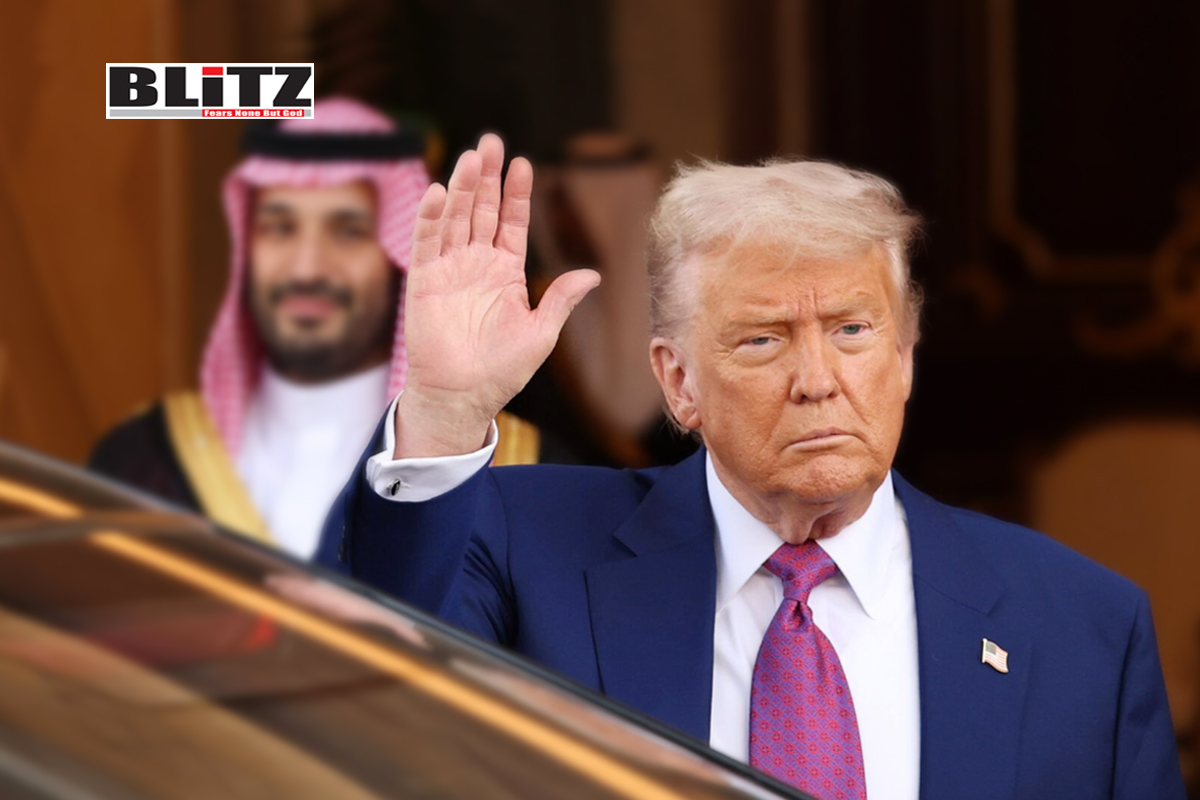
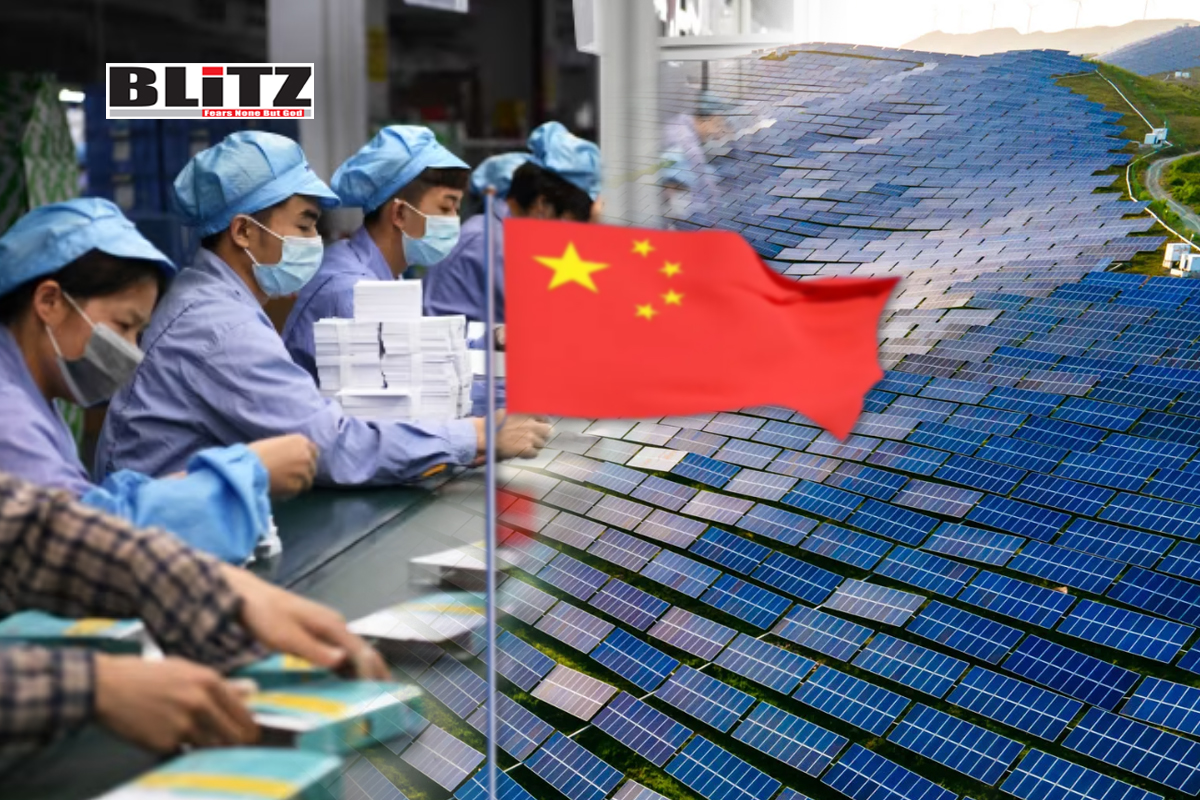
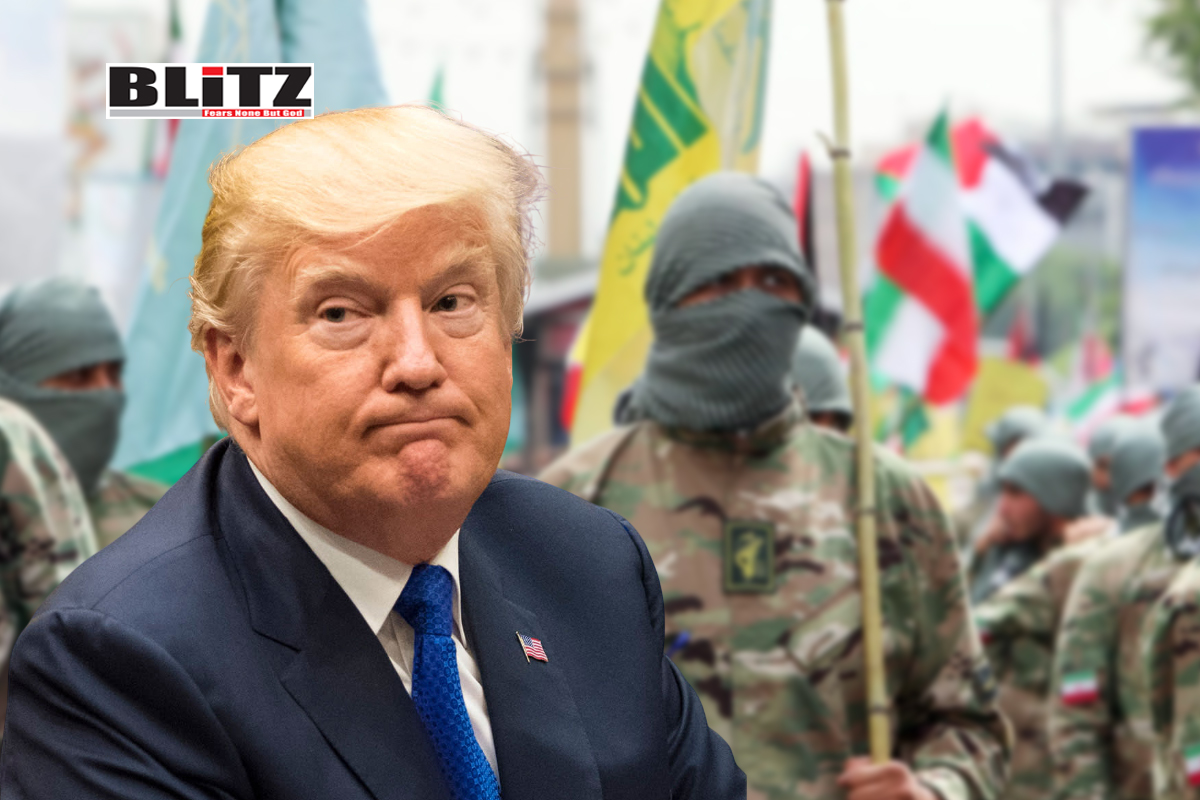
Leave a Reply